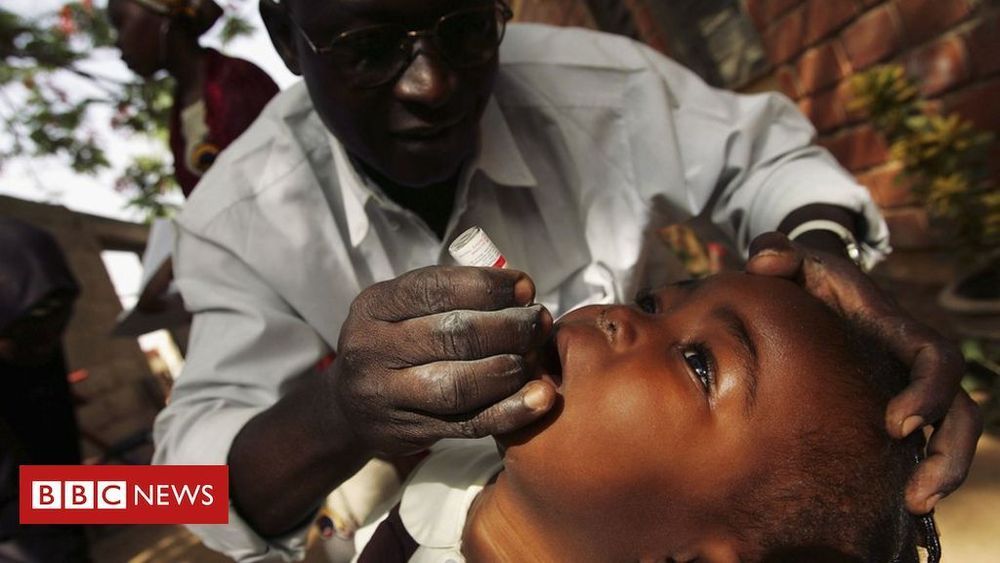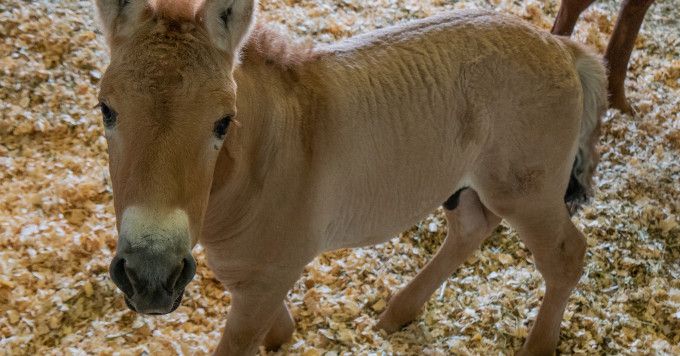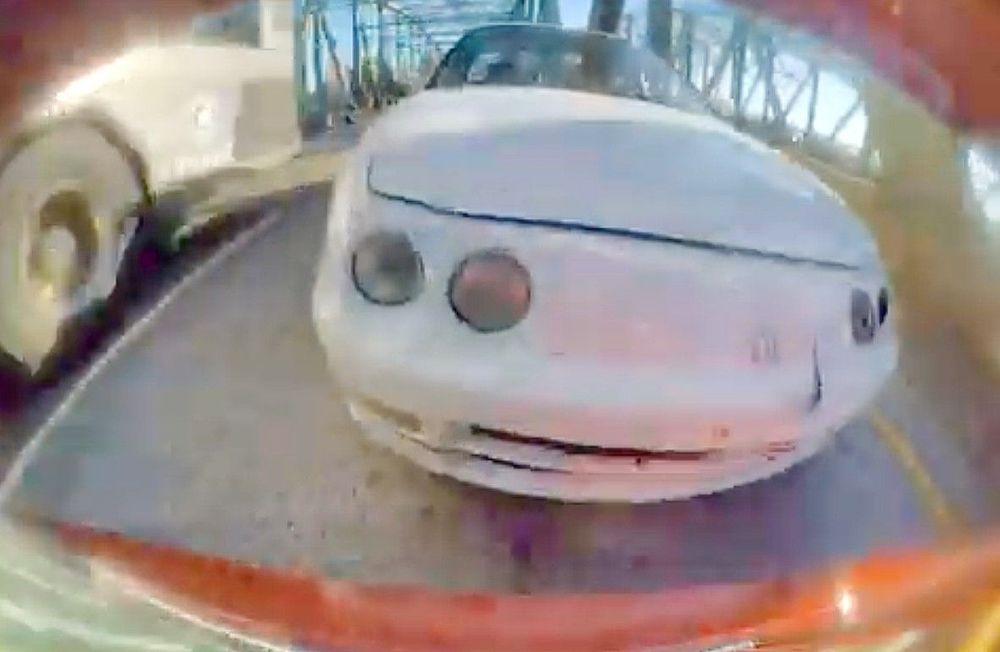Discussing STEM, the future, and transhumanism with an islamic scholar / scientist.
Ira Pastor, ideaXme life sciences ambassador interviews Imam Sheikh Dr. Usama Hasan, PhD, MSc, MA, Fellow of the Royal Astronomical Society and Research Consultant at the Tony Blair Institute For Global Change.
Ira Pastor comments:
Today, on the ideaXme show we are going to segue back towards the fascinating intersection of science and spirituality.
We are joined by Imam Sheikh Dr. Usama Hasan, most recently Senior Researcher and Head of Islamic Studies at Quilliam International, a think tank and worlds first counter-extremism organization, where he was a founding advisor to the organization since 2008.






